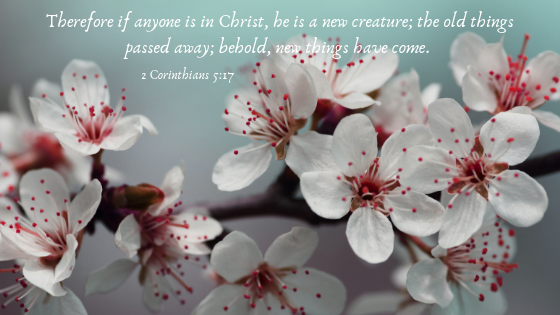“Let’s pretend” is a phrase I used a lot when I was a child. I grew up in a quirky old house that had low walls and wide pillars on the front porch. One of the pillars had an old hook nailed to it. Coated by years of paint, its purpose was obscure, but we neighborhood kids, in repeated times of “let’s pretend,’ used it as the reins of an imaginary steed. Sitting astride the wall, kicking our heels and clinging to the hook we rode into amazing adventures.
Several trees marched along a lava rock retaining wall that angled upward from the front corner of the lot to the much higher back. We used the wide spreading branches of the old apple trees to be forts. By using boards scavenged from the decrepit garage, we laid walkways across the gap between the ever-rising sidewalk and the tree branches. Thus we were able to enter “tree houses” and pirate aeries. “Let’s pretend we’re pioneers” would lead to gathering weed grasses as “wheat” to make “bread”—mud “loaves.”
We used “The Green Thing” (an old green bedspread) as a theater curtain, a queen’s cape, a “coffin drape” for the “dead” heroine at the pretend “funeral.” My friend Mary’s un-used family garage was the venue for all sorts of “let’s pretend.” We would drape ourselves in friend Betty’s teenage sister’s old prom dresses as we performed dramatic stage shows.
The hours and days were happy as we played various versions of “let’s pretend.” It never really turned us into wild west Pony Express riders, jousting knights or rugged pioneers. And we were never movie queens. But in those games we took on a different “life” and played out imaginary life events. For a while we were able to be different than our usual selves. We tried out how it might feel and be to have that “pretend” life. Pretend is a tool that plays a vital role in a child’s development into adulthood. Imagining lets us inhabit and try out different realities. It makes us aware of what being someone other than ourselves might be like.
Now that I am a grown up, I regularly face the need to forgive another person because I think he or she has wronged me. The tool of “let’s pretend” has helped me come to a place of genuine forgiveness and healing.
When I have been wronged (or think I have) my sinful inner attitude of anger and bitterness builds up a wall of resentment that breaks my fellowship with Jesus and ruins my relationship with the offender. No matter how justified I think I am in my indignation, the Holy Spirit faithfully prods me to repentance. The Lord’s Prayer is convicting when I am honest before the Lord.

When I get going in my outrage, I rehearse all the bad actions to myself. Thankfully the Spirit nudges me to stop and choose a different path. God desires me to be like Himself.
Jesus completely forgave those who put Him to death. He has forgiven my sin entirely. So His desire that I forgive as He has is not unreasonable. Thankfully, He has made me a new creature in Christ Jesus and is in the process of conforming me to the Savior’s image.
So here is where “let’s pretend” comes in. When I am pondering and praying about my anger and resentment, I can use this “thought exercise” to change my response. I can pretend that I like the person who has “done me wrong.” My imagination can help me pretend kind and Christ-like actions. As I pretend, my view of the “offender” changes. I can see what may have motivated the offending action. And the amazing thing about pretend is that it can help develop a new path, a new way to behave.
Of course, I will have to choose that path. I will have to make a conscious effort to forgive and let go of resentment. But imagining what a good path looks like or how a right attitude will feel helps me choose the God-pleasing, obedient response of forgiveness. The Holy Spirit is faithful to give me the strength to choose this good way.
Part of what helps me forgive is knowing that God will judge fairly in the end, but right now, My part is to choose to forgive, even if the offender never apologizes (or cannot). The Final Judgement will set all things right. I want to be right with God on that day and so choosing not cling to my bitter unforgiving attitude is the only thing I can do. And, joy of joy, my different, Christ-like attitude is not pretend! The Holy Spirit is making it real. He helps me give real forgiveness. And He works real healing in my inner man.
QUESTION: What are you clutching to your spiritual chest? Who do you need to forgive? Can you begin by pretending how it would feel to be living in harmony rather than sinful discord?


